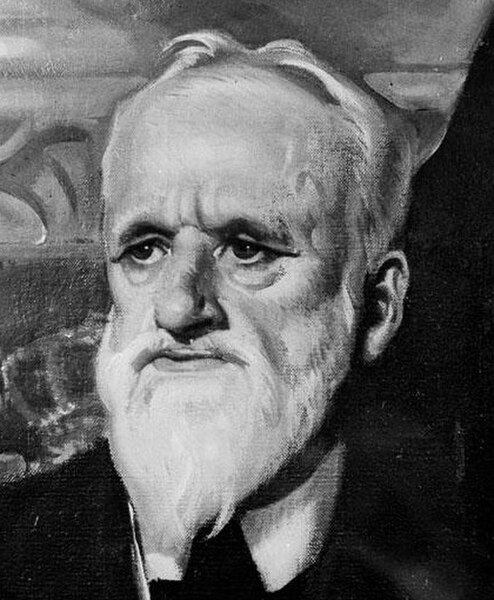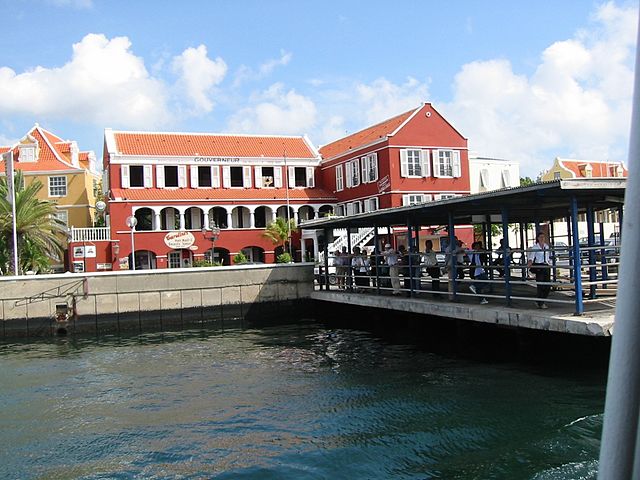Politics of the Netherlands
The politics of the Netherlands take place within the framework of a parliamentary representative democracy. A constitutional monarchy, the country is organised as a decentralised unitary state. The Netherlands can be described as a consociational state. Dutch politics and governance are characterised by a common striving for broad consensus on important issues, within both of the political community and society as a whole.
Johan Rudolph Thorbecke (1849–1853; 1862–1866, 1871–1872)
Jan Heemskerk (1874–1877; 1883–1888)
Abraham Kuyper (1901–1905)
Pieter Cort van der Linden (1913–1918)
Kingdom of the Netherlands
The Kingdom of the Netherlands, commonly known simply as the Netherlands, is a sovereign state consisting of a collection of constituent territories united under the monarch of the Netherlands, who functions as head of state. The realm is not a federation; it is a unitary monarchy with its largest subdivision, the eponymous Netherlands, predominantly located in Northwestern Europe and with several smaller island territories located in the Caribbean.
Historic Area of Willemstad, declared a World Heritage Site by UNESCO in 1997
King Willem-Alexander of the Netherlands, the reigning monarch of the Kingdom of the Netherlands, and his wife Queen Máxima of the Netherlands (2013)






